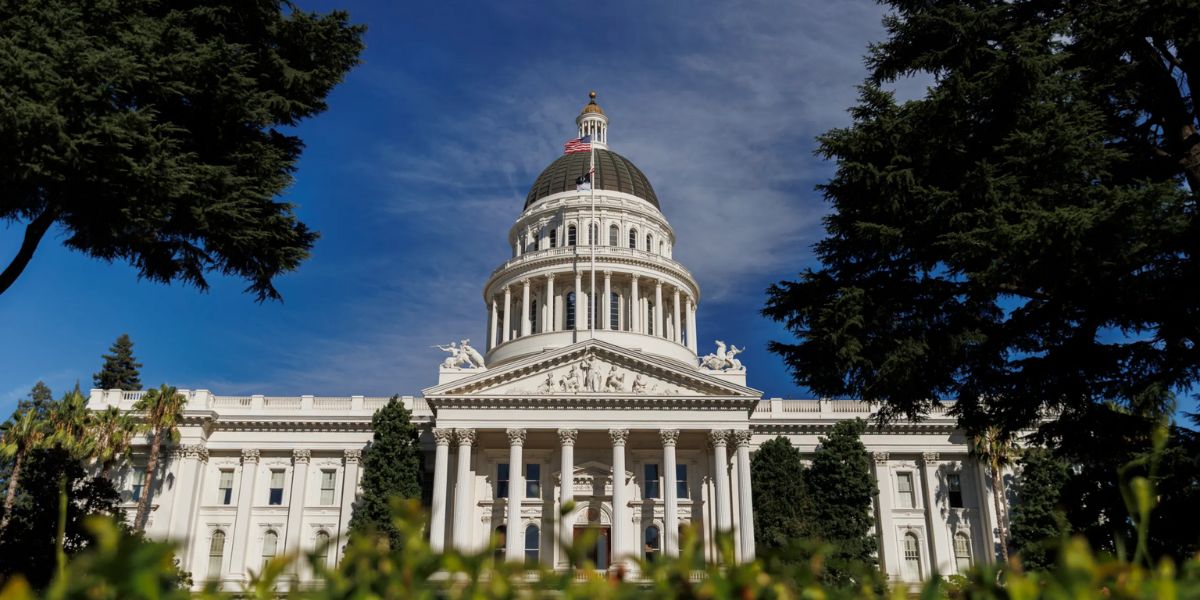Sacramento, California – California Governor Gavin Newsom signed a budget on Friday that reduces a number of progressive initiatives, including a historic health-care expansion for low-income adult immigrants without legal status, in order to address a $12 billion deficit.
For the third year in a row, the nation’s most populous state has been forced to cut funding or eliminate some of the services championed by Democratic leaders. Lawmakers approved the budget earlier in the day after reaching an agreement on a $321 billion spending plan between Newsom and Democratic leaders.
However, if lawmakers fail to pass him legislation making it simpler to develop houses by Monday, the entire budget will be null and useless.
State leaders claimed the budget avoids some of the most catastrophic cuts to vital safety net programs. To close the budget gap, they largely used state savings, borrowed from special sources, and delayed payments.
“It’s balanced, it maintains substantial reserves, and it’s focused on supporting Californians,” Newsom said in a budget statement.
California is also facing potential federal cuts to health-care programs, as well as widespread economic instability, which might require even larger cuts. In May, Newsom calculated that federal measures, including tariffs and immigration enforcement, could slash state tax income by $16 billion.
“We’ve had to make some tough decisions,” Senate President Pro Tempore Mike McGuire said Friday. “I know we’re not going to please everyone, but we’re doing this without any new taxes on everyday Californians.”
Republican lawmakers claimed they were excluded from budget deliberations. They also chastised Democrats for not doing enough to address future deficits, which may range from $17 billion to $24 billion per year.
“We’re increasing borrowing, depleting the rainy day fund, and not reducing our spending,” said Republican state Sen. Tony Strickland before the vote. “And this budget also does nothing about affordability in California.”
Here’s an overview of spending in key areas:
Health Care
According to the budget agreement, California will stop enrolling new adult patients without legal status in its state-funded health care program for low-income people in 2026. In July 2027, the state will also adopt a $30 monthly fee for immigrants who continue on the program, including those with legal status. The premiums would apply to adults under the age of 60.
The Medi-Cal amendments are a scaled-back version of Newsom’s proposal from May. Still, it’s a significant setback for an ambitious program launched last year to help the state move closer to its goal of universal health care.
Democratic state Sen. Maria Elena Durazo defied her party and voted “no” on the health-care measures, calling them a betrayal of immigrants.
The plan also eliminates $78 million in financing for mental health phone lines, including a program that serviced 100,000 individuals each year. It will cut funding for low-income dental treatments in 2026 and push back the implementation of law requiring health insurance to cover fertility services by six months, to 2026.
However, lawmakers successfully opposed numerous planned cuts from Newsom that they described as “draconian.”
The agreement ensures financing for a program that provides in-home domestic and personal care services to low-income households and Californians with disabilities. It also prevents cuts to Planned Parenthood.
Environment
Lawmakers agreed to allow the state use $1 billion from its cap-and-trade program to fund firefighting efforts. The cap-and-trade program is a market-based mechanism designed to reduce carbon emissions. Companies must purchase credits to pollute, and the money goes into a fund that politicians are expected to use for climate-related spending.












